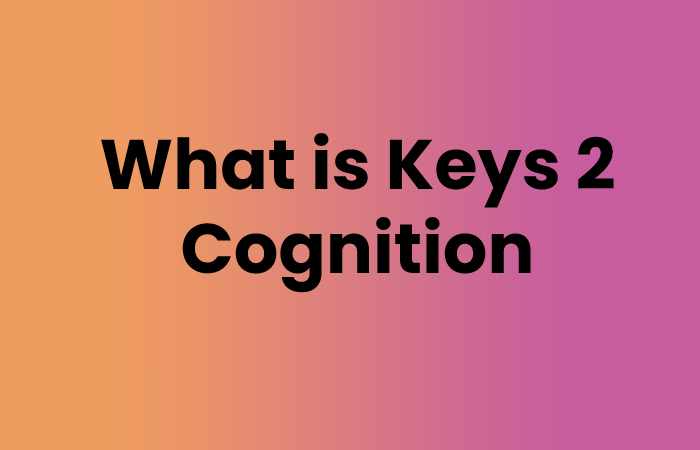Table of Contents
Introduction
Social neuroscience employs EEG and links to Jung’s model of cognitive processes to profile individuals for self-development.
Social neuroscience employs EEG and links to Jung’s model of cognitive processes to profile individuals for self-development.
What is Keys 2 Cognition

The mental action or procedure of acquiring knowledge and understanding through thought, experience, and the senses remains called cognition. It includes all aspects of cognitive functions and techniques such as perception, attention, thought, intelligence, knowledge formation, memory and working memory, judgment and evaluation, reasoning and computation, problem-solving and decision making, and language comprehension and production. Imagination is also a cognitive process because it involves thinking about possibilities. Cognitive processes both use and discover existing knowledge.
Cognitive processes remain studied from various perspectives in various contexts, most notably in linguistics, musicology, anesthesia, neuroscience, psychiatry, psychology, education, philosophy, and anthropology. In addition, biology, systematics, logic, and computer science are all disciplines. Moreover, these and other approaches to cognition analysis remain synthesized in the developing field of cognitive science, which is becoming a more autonomous academic discipline.
Brief Describe About Keys 2 Cognition
Although the term cognitive remained coined in the 15th century, attention to cognitive processes began more than eighteen centuries earlier, with Aristotle (384-322 BC) and his fascination with the inner works of the mind and how they move the human experience. Aristotle concentrated on cognitive areas such as memory, perception, and mental imagery.
He placed a high value on ensuring that his studies remained founded on empirical evidence or scientific data gathered through careful observation and experimentation. Two millennia later, during the Enlightenment, thinkers such as John Locke and Dugald Stewart sought to grow a model of the mind in which thoughts remained remembered, acquired, and manipulated, laying the groundwork for modern concepts of cognition.
Cognitive models
Cognitive models were developed in the early nineteenth century in philosophy (particularly by authors writing about the philosophy of mind) and medicine (particularly by physicians seeking to understand how to cure madness).
In the United Kingdom, scholars such as James Sully at University College London studied these models in the academy. Politicians even used them when considering the national Elementary Education Act of 1870.
Scientists such as Wilhelm Wundt, Mary Whiton Calkins, Herman Ebbinghaus, and William James would contribute to studying human cognition as psychology emerged as a burgeoning field of study in Europe and gained a following in America.
Conclusion:
I’m curious about patterns of interaction in various situations. Examining which hypotheses and meanings fit the best. Trusting what emerges as you. This is a severe questionnaire designed to help you discover what cognitive processes you use well, rather than surface behavior or what you value.
Related searches
keys two cognition test MBTI test
sakina
keys two cognition questions explained
the keys to cognition
keys2cognition sakinorva
what happened to keys2cognition
keys2cognition estp
keys2cognition isfp
Also read: Top Social Media Video – Introduction, Tips, And More.
Related posts
Featured Posts
45.611.892 Inova Simples (i.s.) SAO Paulo
Introduction 45.611.892 Inova Simples (I.S.) Sao Paulo – In a global civilization where sustainability is a growing priority and environmental…
Olympique De Marseille vs Aek Athens Lineups
Introduction Olympique de Marseille vs AEK Athens Lineups are stats of the teams and players obtainable on livescores.biz. Within the…


